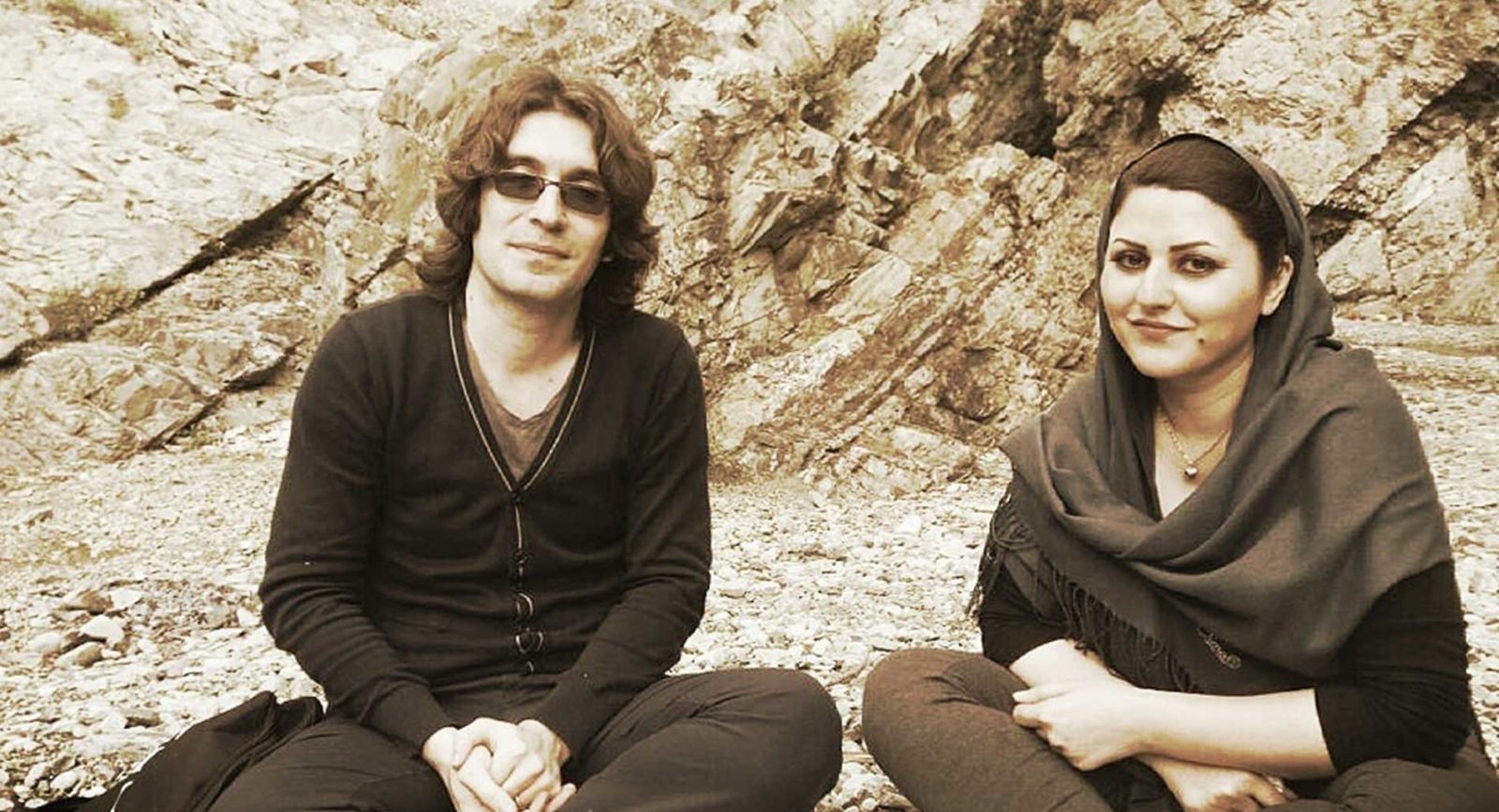Iranian authorities must immediately repeal the conviction and sentence of Golrokh Ebrahimi Iraee, a writer and human rights activist who is due to begin serving six years in prison on charges including “insulting Islamic sanctities” through the writing of an unpublished story about the horrific practice of stoning.
“The charges against Golrokh Ebrahimi Iraee are ludicrous. She is facing years behind bars simply for writing a story, and one which was not even published – she is effectively being punished for using her imagination,” said Philip Luther, Research and Advocacy Director for the Middle East and North Africa at Amnesty International.
“Instead of imprisoning a young woman for peacefully exercising her human rights by expressing her opposition to stoning, the Iranian authorities should focus on abolishing this punishment, which amounts to torture. It is appalling that Iran continues to allow the use of stoning, and justifies it in the name of protecting morality.”
On 4 October Golrokh Ebrahimi Iraee received a threatening phone call from the Centre for the Implementation of Sentences ordering her to present herself to Evin Prison to begin serving her six-year prison sentence for “insulting Islamic sanctities” and “spreading propaganda against the system”.
“The charges against Golrokh Ebrahimi Iraee are ludicrous. She is facing years behind bars simply for writing a story, and one which was not even published – she is effectively being punished for using her imagination.”
Philip Luther, Research and Advocacy Director for the Middle East and North Africa
The first charge, for which Golrokh Ebrahimi Iraee has received five years in prison, was imposed primarily in response to an unpublished fictional story that she had written. The story describes the emotional reaction of a young woman who watches the film The Stoning of Soraya M – which tells the true story of a young woman stoned to death for adultery – and becomes so enraged that she burns a copy of the Qur’an.
The story was discovered by authorities on 6 September 2014 whenGolrokh Ebrahimi Iraee was arrested together with her husband Arash Sadeghi at his workplace in Tehran by men believed to be Revolutionary Guards. The men showed no arrest warrant but took the couple to their house where they searched their possessions and seized items, including their laptops, notebooks and some CDs.
They then transferred Arash Sadeghi, a human rights activist, to Tehran’s Evin Prison and Golrokh Ebrahimi Iraee to a secret detention place. She was kept there for the night and then transferred to a section of Evin Prison that is under the control of the Revolutionary Guards. She was held there for 20 days, without access to her family, a lawyer or a court. She was in solitary confinement for the first three days.
Golrokh Ebrahimi Iraee has said that during her periods of detention she was subjected to long hours of interrogations while blindfolded and facing a wall, and that interrogators repeatedly told her that she could face execution for “insulting Islam”. She could also clearly hear interrogators threatening and verbally abusing her husband in the next cell, adding to her distress. Arash Sadeghi has since said that he was tortured while in custody – his interrogators kicked him, punched him in the head, slapped him and choked him.
Golrokh Ebrahimi Iraee was tried in two brief sessions by a Revolutionary Court in Tehran, and had no legal representation at the trial. The first lawyer she appointed was put under pressure to withdraw from the case, and the second was barred from reading her court case and representing her. She was not given the chance to speak in her own defence, because the first session was focused on her husband’s activism, and at the second she was in hospital recovering from major surgery and could not be present. She provided the court with her medical records, but her request to adjourn the hearing was rejected.
“Golrokh Ebrahimi Iraee’s ‘trial’ was farcical. She was denied the right to a defence and her sentence was a foregone conclusion. This is just the latest example of the Iranian authorities’ utter contempt for justice and human rights,” said Philip Luther.
“We are urging the authorities to immediately quash Golrokh Ebrahimi Iraee’s conviction and that of her husband Aresh Sadeghi, who has been behind bars since June for peacefully exercising his rights to freedom of expression and association. The Iranian government is on the verge of stamping out a whole generation of young activists with its ruthless and repressive tactics.”




